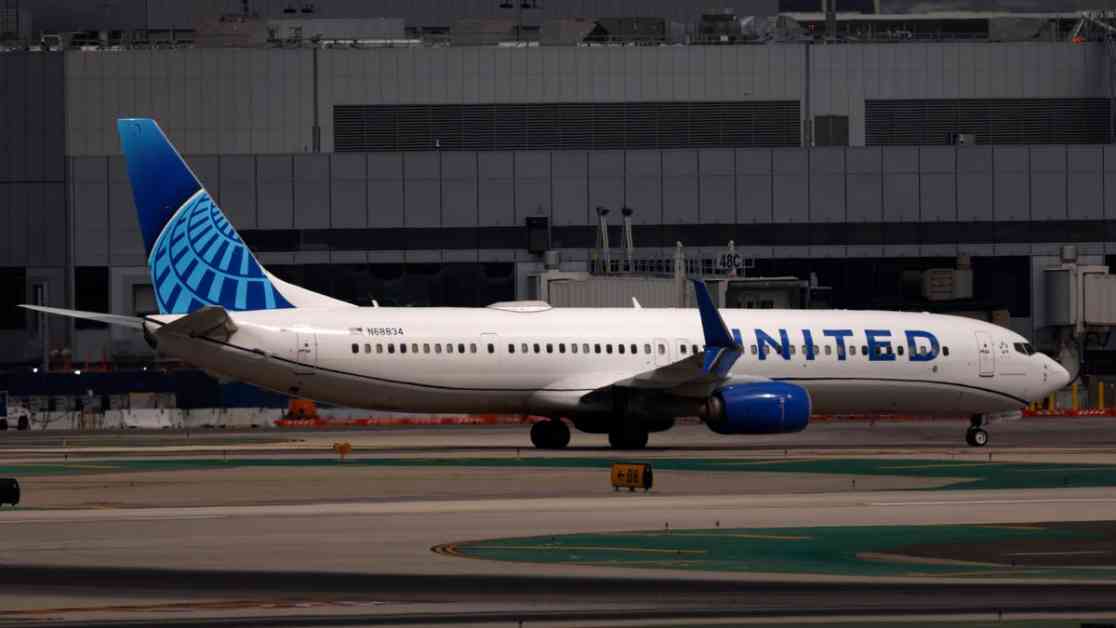The National Transportation Safety Board issued a warning to more than 40 foreign airlines about potential safety concerns regarding the rudder components in their Boeing 737 planes. These components have been identified as having a risk of failure, which could lead to the rudder control system becoming jammed. This issue came to light during an investigation into a landing incident involving a United Airlines flight at Newark Liberty International Airport in February.
During the investigation, it was found that the rudder pedals on the United Boeing 737 Max had become stuck in a neutral position. Although there was no damage to the plane and no injuries reported, the captain had to use the nosewheel steering tiller to maneuver the Boeing after landing. Further testing revealed that both the plane’s rollout guidance actuator and another actuator from a different Boeing 737 failed under cold conditions, with compromised functionality due to moisture inside both units.
Collins Aerospace, the manufacturer of the actuator, determined that the sealed bearing in the unit was incorrectly assembled, leading to the accumulation of moisture that could freeze in low temperatures and impact the plane’s rudder. Over 353 faulty actuators were delivered to Boeing and installed on 737NG and 737 Max planes since 2017. As a result, the NTSB has recommended that the FAA assess whether these actuators should be removed from the affected aircraft.
Boeing has faced ongoing challenges with its 737 Max aircraft, with issues persisting even after the settlement with the government over the plane’s two fatal crashes was voided earlier this year. Following an incident involving an Alaska Airlines door plug blowout in Portland, Oregon, Boeing pleaded guilty to fraud and agreed to pay a substantial fine. Despite these setbacks, the company still reported significant revenue of $16.9 billion in the second quarter of 2024.
It is essential for airlines and regulators to address these safety concerns promptly to ensure the well-being of passengers and the continued safe operation of Boeing 737 aircraft. Airlines must prioritize the maintenance and inspection of critical components to prevent potential failures that could jeopardize flight safety. Boeing, in collaboration with relevant authorities, should take necessary steps to rectify the issues with the rudder components and ensure the continued airworthiness of their planes. Passengers’ safety should always remain the top priority in the aviation industry.










